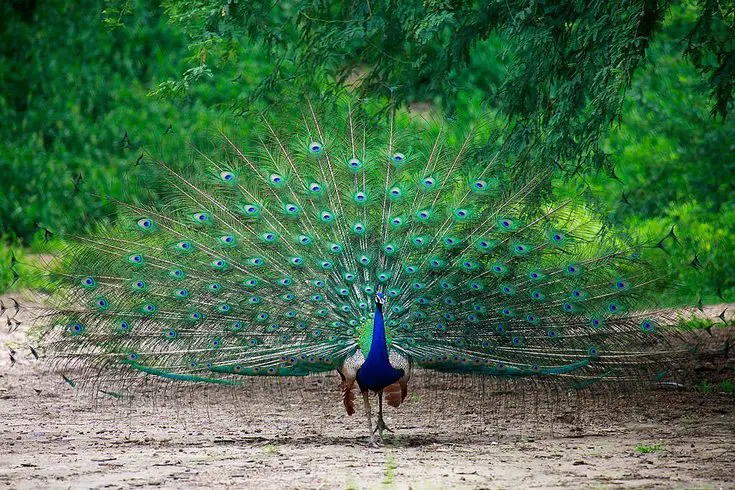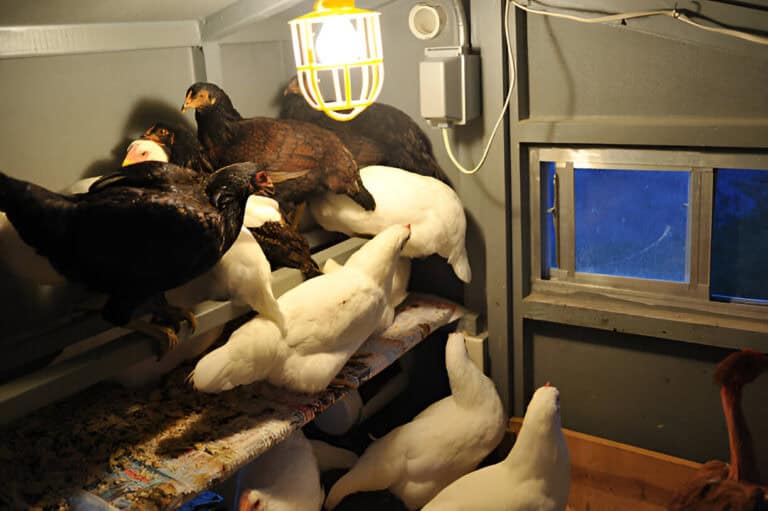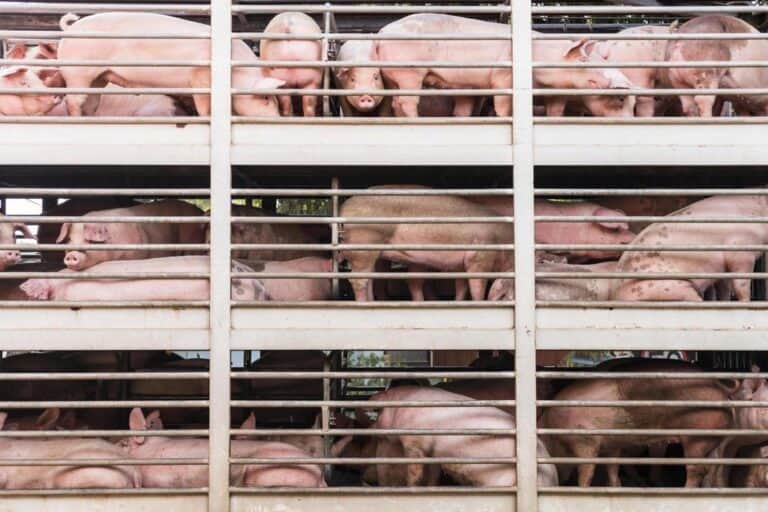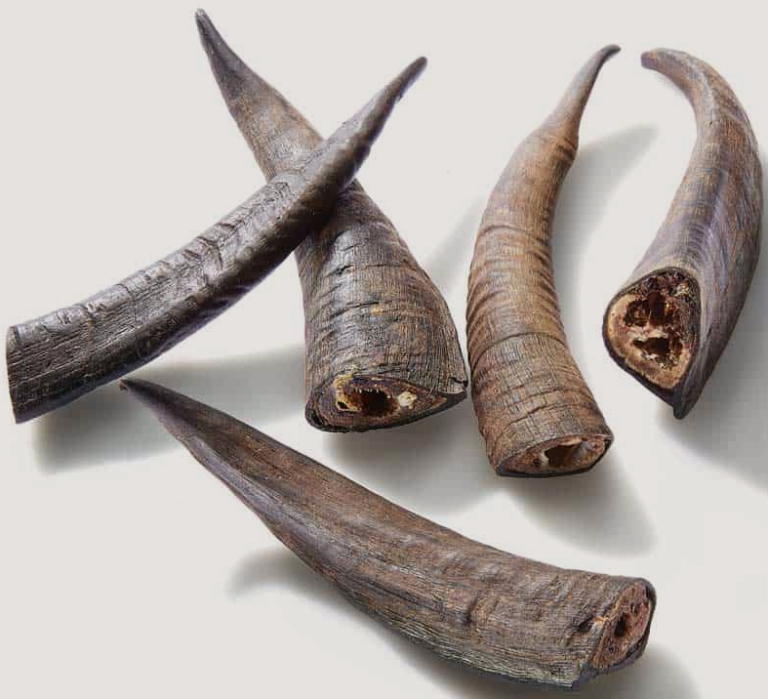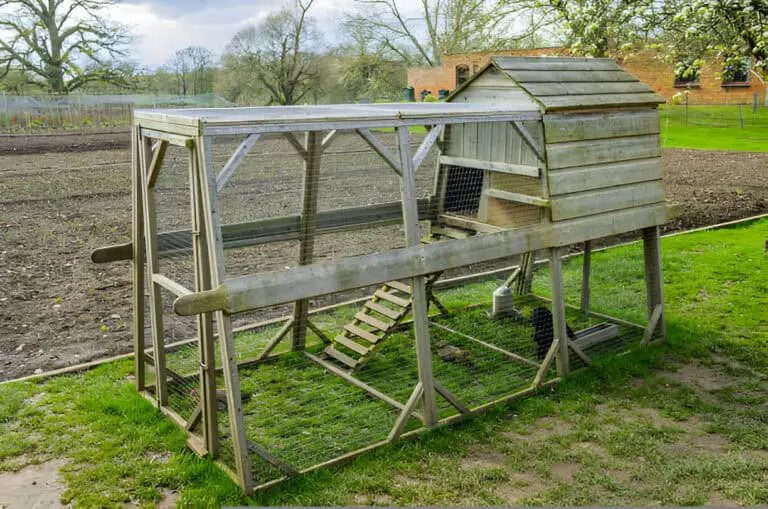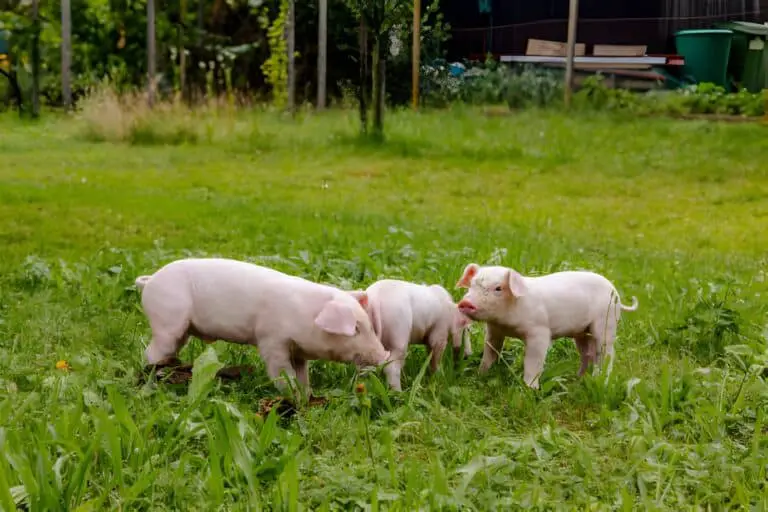What Is Poisonous to Ducks? 12 Things You Should Never Feed Them
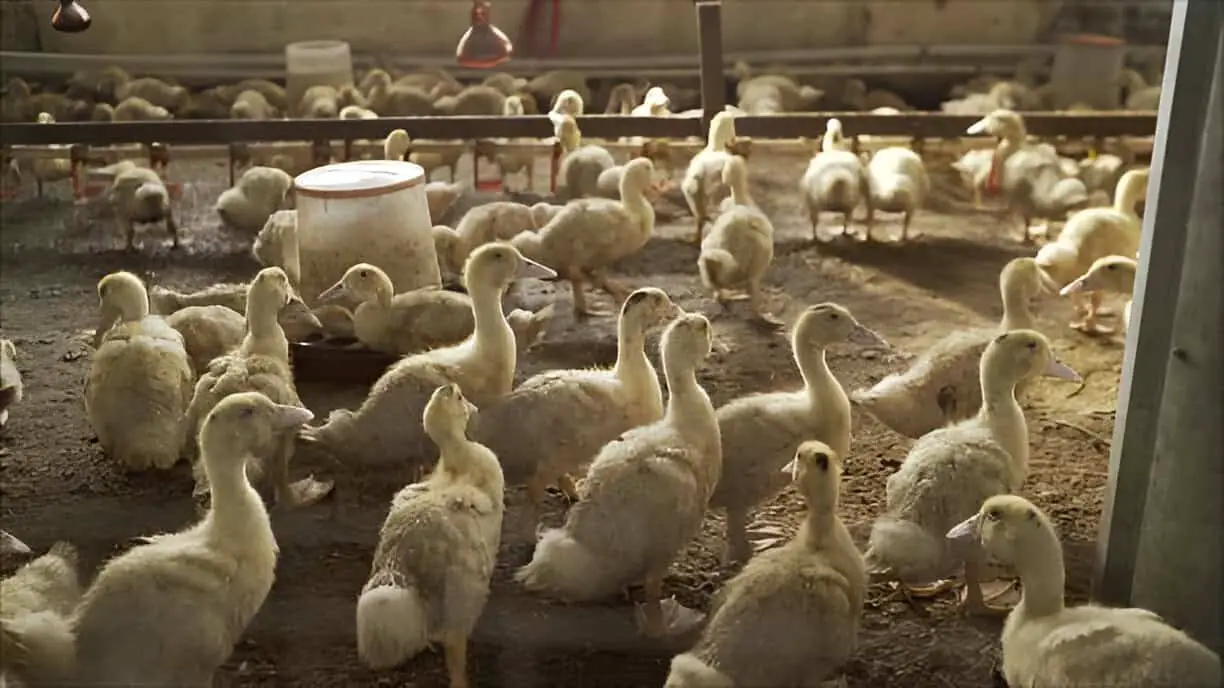
I’ll be honest—when I first brought ducks into my backyard, I thought they were pretty low-maintenance. Toss them some cracked corn, maybe some lettuce scraps, let them waddle around the garden, and call it a day. But I quickly learned that feeding ducks isn’t as simple as giving them your leftovers or whatever’s lying around the kitchen. There are some foods—some incredibly common ones—that can actually be dangerous or even fatal to your feathered friends.
So if you’ve got ducks, or you’re just duck-sitting for a friend, this list might save a life. Literally. Let’s talk about 12 things you should never feed ducks—and what to offer instead.
Ducks Aren’t Garbage Disposals: A Quick Reality Check
A duck’s digestive system is a bit like a delicate engine—give it the wrong fuel, and you’re in for a breakdown. They might seem like they’ll eat anything (I’ve seen mine chase down a grape like it’s a treasure), but their bodies can’t process certain foods the same way ours can.
The Dirty Dozen: What Not to Feed Your Ducks
Here’s a list of the top 12 duck no-no’s when it comes to feeding time:
| Item | Why It’s Dangerous | What to Feed Instead |
| Avocado | Contains persin, which is toxic and can cause heart failure | Chopped cucumber or zucchini |
| Chocolate | Theobromine and caffeine are deadly to ducks | Fresh berries (in moderation) |
| Onions & Garlic | Can damage red blood cells, causing anemia | Leafy greens like spinach or kale |
| Bread | Fills them up with empty calories; causes malnutrition and angel wing | Rolled oats, cracked corn, or peas |
| Citrus fruits | Too acidic for their digestive system | Watermelon or apple slices (seedless) |
| Raw potatoes | Contain solanine, a natural toxin that affects the nervous system | Cooked sweet potatoes (no butter or salt) |
| Green tomatoes | Like potatoes, contain solanine | Ripe, red tomatoes (in small amounts) |
| Junk food (chips, fries) | High salt and fat content are harmful | Cooked rice or mealworms |
| Moldy or spoiled food | Can cause mycotoxicosis, a fatal condition | Only fresh, clean food |
| Alcohol | Ducks can’t metabolize it and it damages their organs | Stick with fresh, clean water |
| Caffeine (tea, coffee) | Acts as a stimulant; can lead to seizures or death | Herbal teas with no caffeine, or plain water |
| Raw beans (especially kidney) | Contain lectins, which are highly toxic | Cooked, plain lentils or green beans |
Why Bread Is the Biggest Culprit
Let’s talk about the most common offense: bread. We’ve all done it—standing by the pond, tossing crumbs to ducks like we’re helping. But here’s the kicker: bread is like junk food for ducks. It fills them up with no real nutrients, which can lead to malnutrition and even deformities like angel wing—a condition where their wings twist and prevent flight. And moldy bread? Even worse. That can kill a duck faster than you can say “quack.”
What I Feed My Ducks Instead
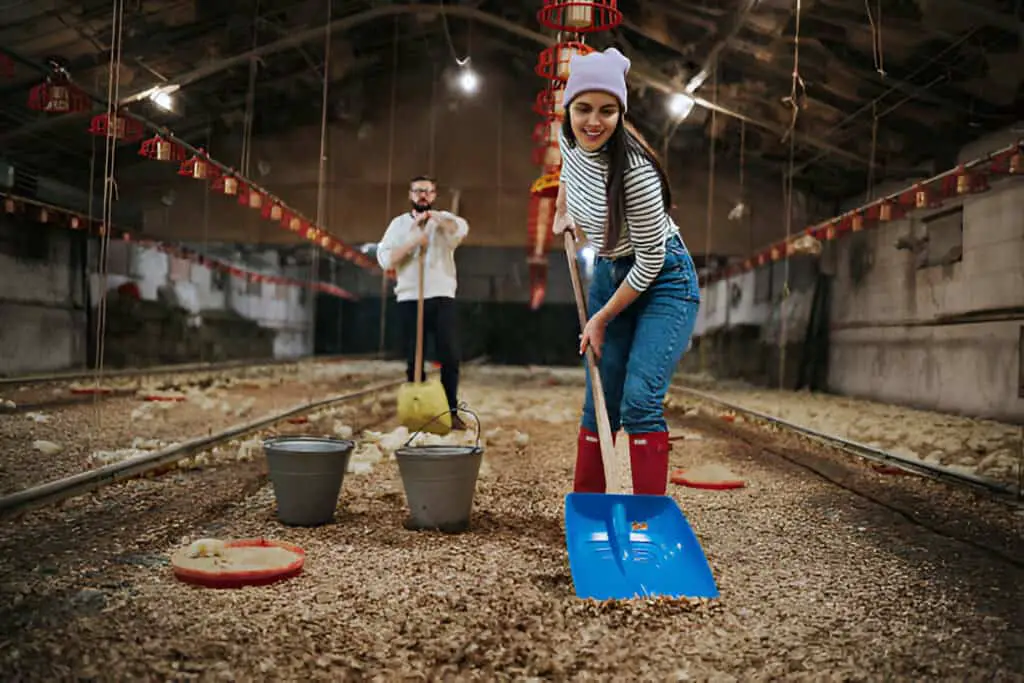
Feeding time is my favorite part of the day, mostly because it feels like I’m running a tiny, feathery buffet. Here’s what’s usually on the menu at my place:
- Chopped leafy greens: Kale, lettuce (no iceberg), and spinach are winners.
- Grains: Cooked rice, oats, and whole wheat pasta keep them full and happy.
- Veggies: Peas, corn, cucumbers, and zucchini get gobbled up quick.
- Fruit (sparingly): They go bananas for blueberries, watermelon, and apples (no seeds).
I keep a little bucket near the back door for “duck treats” so I’m not tempted to toss them something unsafe when I’m cleaning out the fridge.
When Ducks Forage: Natural Isn’t Always Safe
You’d think ducks would instinctively avoid dangerous foods, but… not always. Mine once tried to eat a toad, which nearly gave me a heart attack. Certain plants and bugs can also be risky. Here are a few things to watch out for if your ducks roam:
Toxic Plants Ducks Might Encounter:
- Daffodils
- Foxglove
- Nightshade
- Rhubarb leaves
- Azaleas
If you have a garden, make sure to fence off these plants or keep ducks supervised while free-ranging.
| Read: Is Duck Healthier Than Chicken? |
Signs Your Duck Ate Something Toxic
It’s every duck owner’s nightmare—your bird starts acting off, and you don’t know why. Here are some red flags:
- Lethargy or weakness
- Loss of coordination
- Sudden diarrhea
- Labored breathing
- Seizures or tremors
If you notice any of these symptoms after feeding, call a vet immediately and let them know what your duck might have eaten. Don’t wait—it can make all the difference.
A Note on Ducklings: Even More Fragile
If adult ducks are sensitive, ducklings are like walking eggshells. Their systems haven’t fully developed, so even small amounts of the wrong food can do real damage. Stick to starter crumble and only introduce new foods slowly and in tiny amounts. No treats until they’re at least 3–4 weeks old, and even then, think baby bites, not buffet plates.
Tips to Keep Your Flock Healthy and Safe
Over time, I’ve built up a little system to avoid food mishaps with my flock. Here are a few takeaways from my own learning curve:
Do:
- Keep a printed “safe food” list near your kitchen or coop
- Feed treats in moderation (no more than 10% of their diet)
- Offer plenty of clean water in duck’s pond with every meal
- Supervise free-range time when possible
Don’t:
- Feed leftovers without checking ingredients
- Give anything moldy, spoiled, or fermented
- Assume “natural” means “safe”
Final Quack: Keep It Simple, Keep It Clean
Caring for ducks comes with a learning curve, and I’ve definitely made my share of mistakes. But once you understand what not to feed them, it’s easy to create a feeding routine that keeps your birds happy, healthy, and waddling into old age. Stick with whole, natural foods, and when in doubt, look it up or leave it out.
Because in the end, your ducks don’t need fancy snacks or complicated meals. They just need a clean bowl, some sunshine, and a handful of the good stuff. Keep it simple, keep it clean, and your flock will thank you—with happy quacks, shiny feathers, and plenty of eggs.

